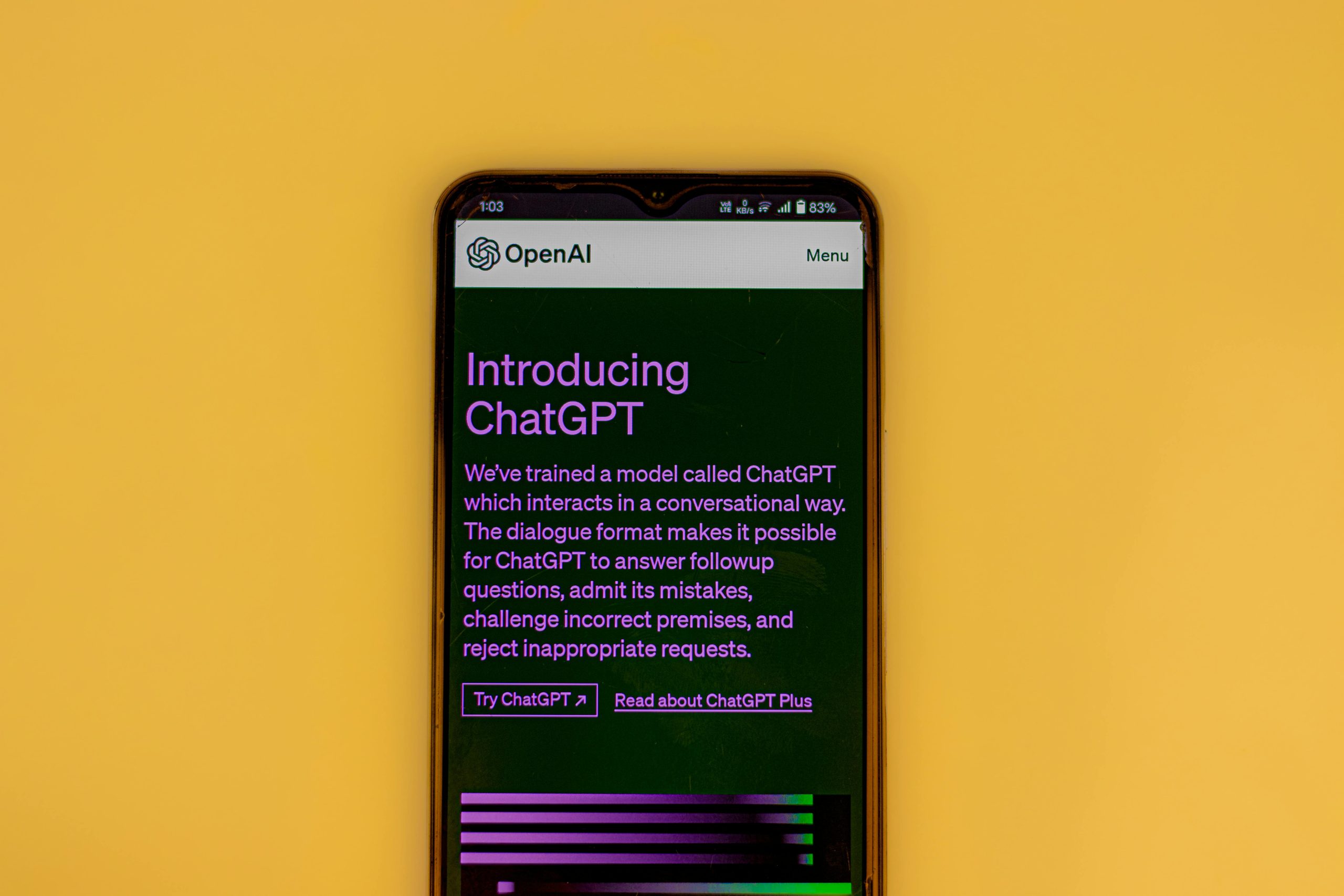Why is so difficult to get a Gem to stick to its Knowledge base? How can I force to do it every time?
Understanding the Challenges of Ensuring Consistent Knowledge Base Integration in Geminis
In the world of AI-powered tools, leveraging a knowledge base to tailor responses and improve accuracy is a common goal among developers and enthusiasts. However, many encounter significant hurdles when attempting to have AI models, such as Geminis, reliably refer to their designated knowledge repositories. This article explores the common difficulties faced when integrating knowledge bases with Geminis and offers insights into potential solutions.
The Core Challenge: Maintaining Consistency with a Knowledge Base
Users often invest considerable effort in creating a structured knowledge base—such as markdown-formatted documents—that serves as the authoritative source for the AI’s answers. The expectation is that the Gemini AI will consult these documents reliably, providing responses grounded in the provided materials.
However, practitioners frequently observe that despite correctly formatting and referencing these documents, the AI tends to deviate, “hallucinate,” or generate responses derived from external sources rather than consulting the specified knowledge base. This inconsistency can be frustrating, especially when repeated prompting or prompt engineering attempts don’t yield the desired adherence.
Common Issues Contributing to the Difficulty
-
Model Behavior and Defaults: Many large language models are designed to generate coherent and contextually relevant responses based on vast training data, which sometimes causes them to “fill in gaps” or infer answers outside the provided context.
-
Prompt Engineering Limitations: While careful prompt design can nudge models to follow constraints, it doesn’t guarantee strict adherence, particularly over multiple interactions or extended conversations.
-
Architectural Constraints of Geminis: Depending on the specific implementation and capabilities of the Gemini platform, there may be inherent limitations in how effectively it can anchor responses solely on uploaded documents, especially when internet access is involved for external searches.
-
Lack of True Retrieval-Augmented Generation (RAG): Some tools support RAG systems that explicitly fetch relevant knowledge snippets during response generation. Without such mechanisms, models may not robustly stay within the confines of the provided knowledge base.
Potential Solutions and Recommendations
-
Use Retrieval-Augmented Systems: Incorporate retrieval modules that fetch relevant document snippets dynamically during interactions. This approach minimizes hallucinations and maintains answer fidelity.
-
Limit Internet Access During Knowledge-Driven Tasks: If accurate adherence to the knowledge base is paramount, consider restricting external internet access for the AI during those interactions.
-
Implement Strong Prompting with Explicit Instructions: Reinforce instructions within the prompt, explicitly commanding the model to “














Post Comment